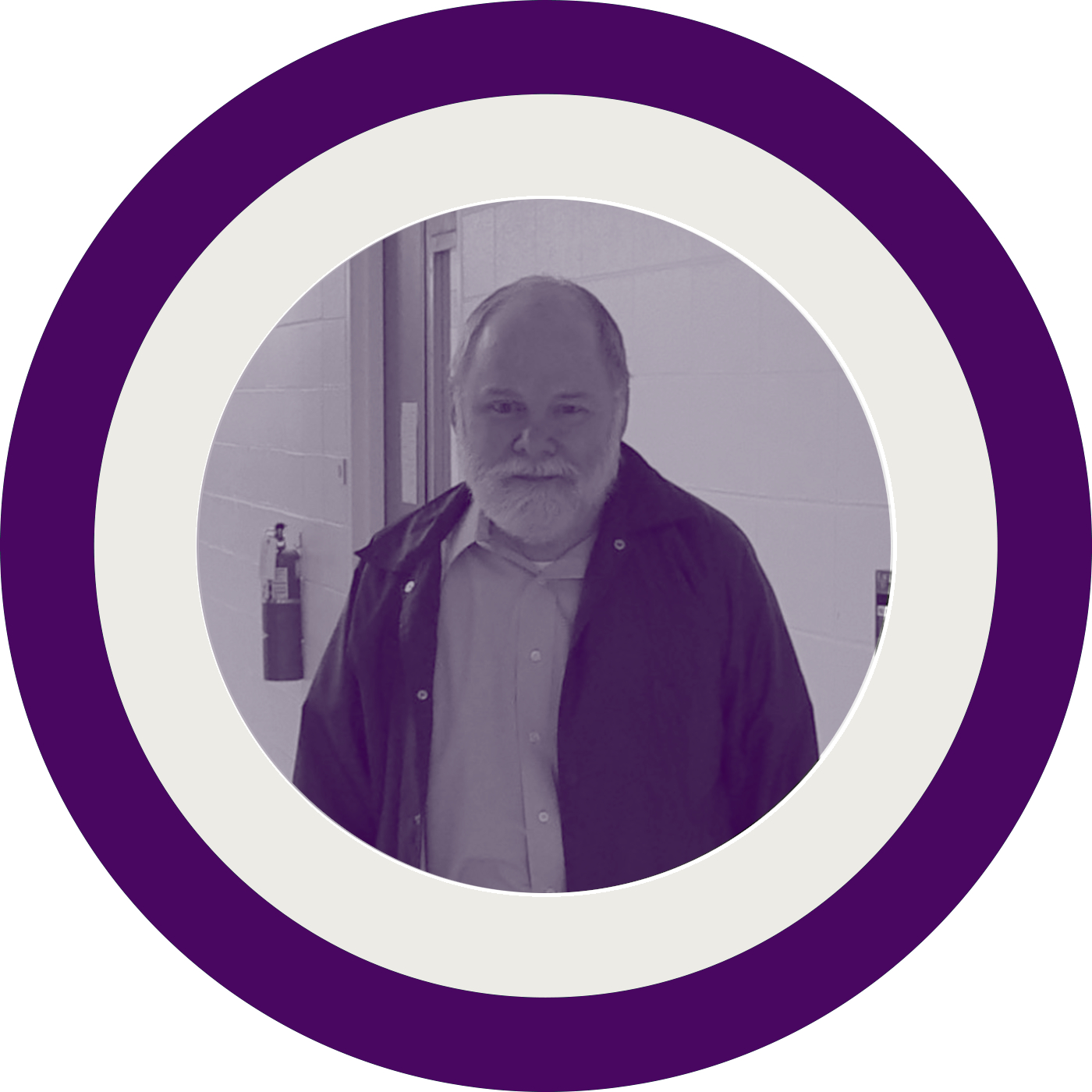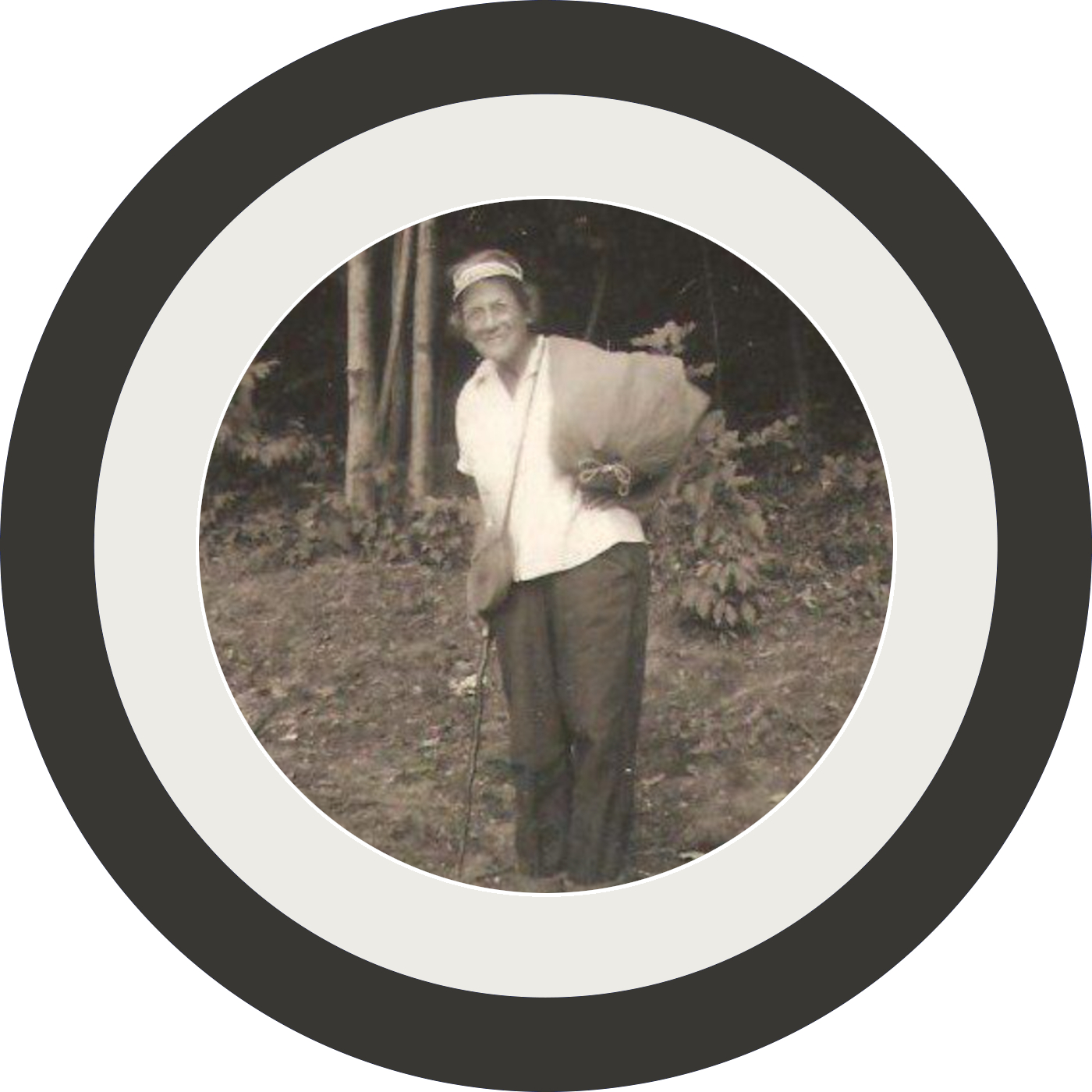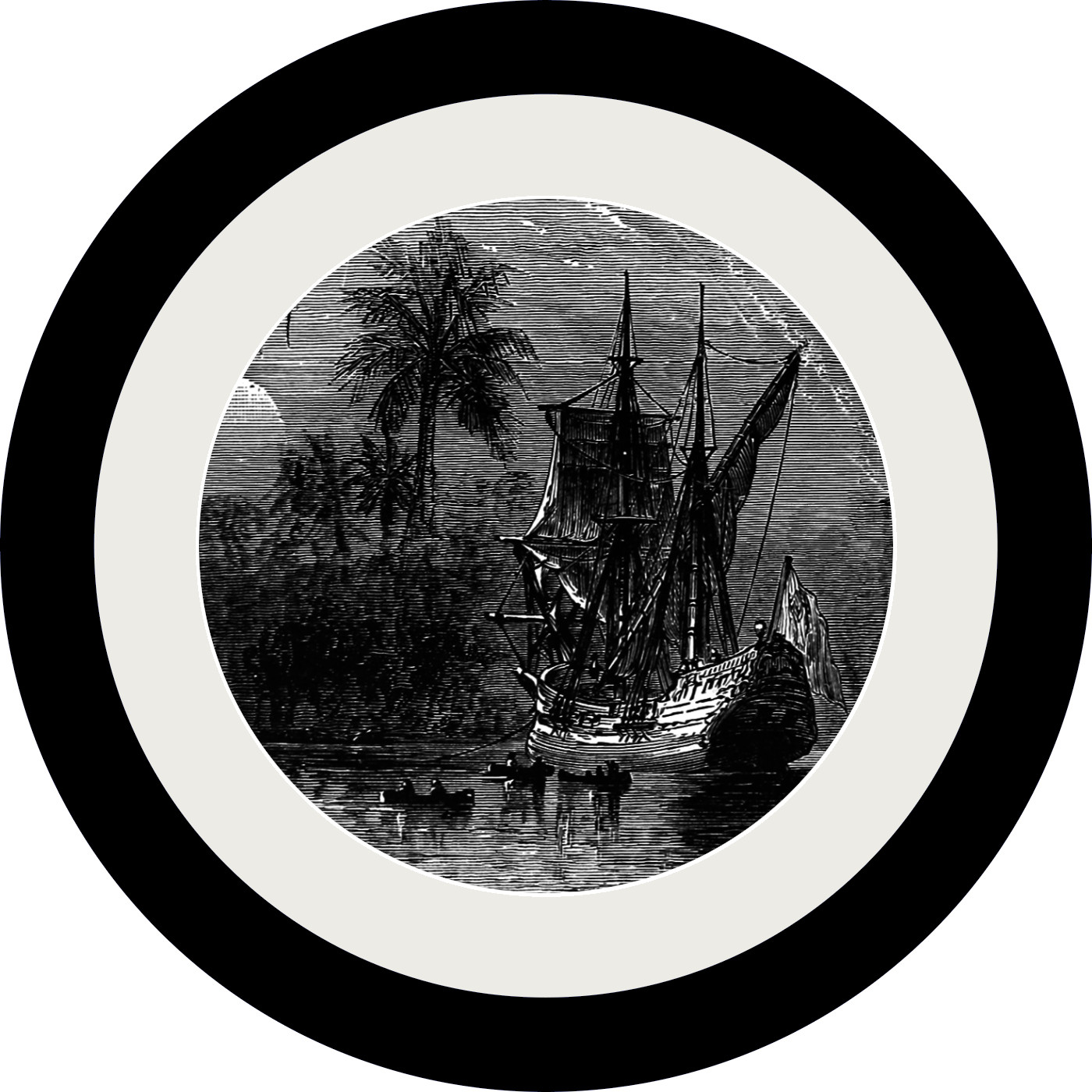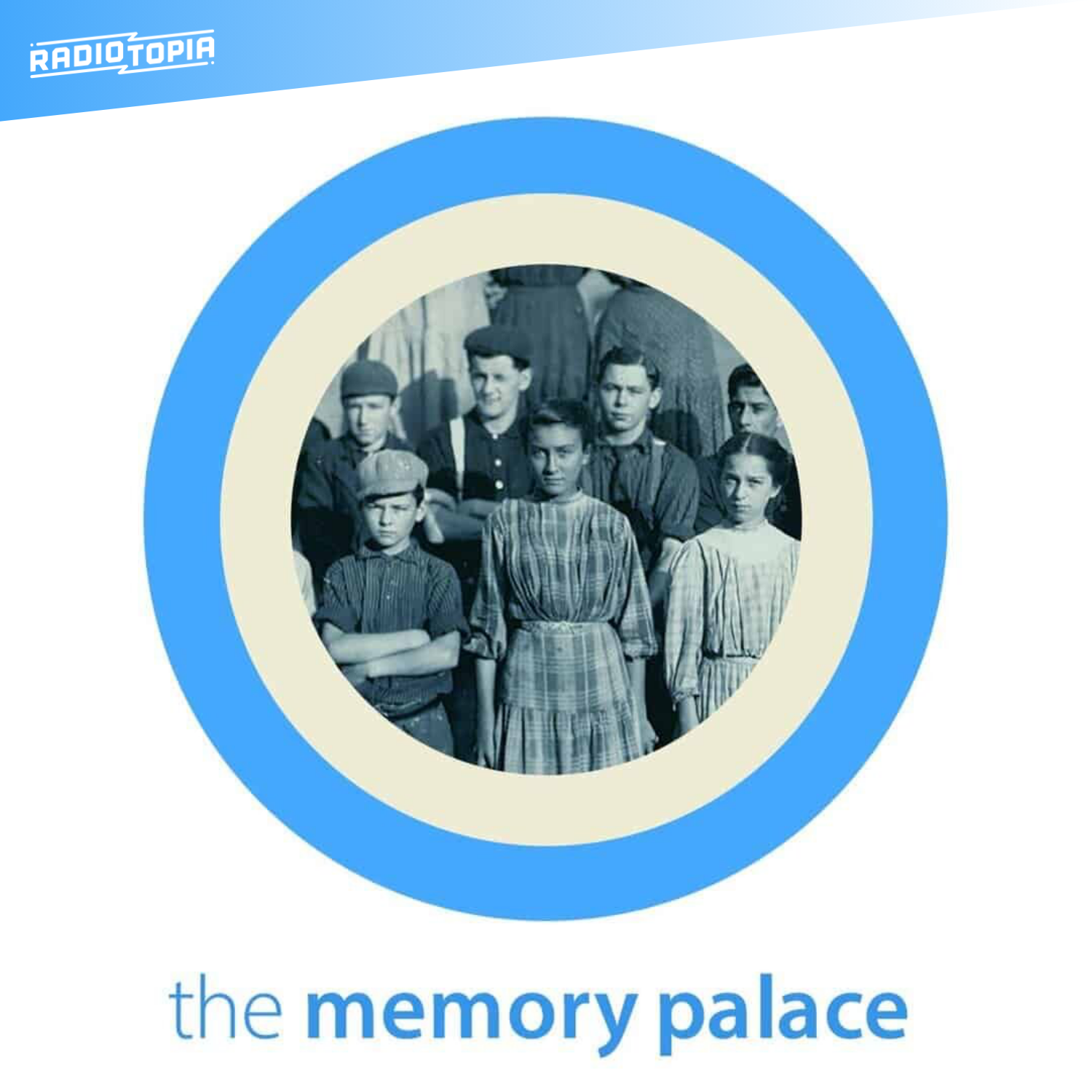Episode 212: David Mills
The Memory Palace is a proud member of Radiotopia from PRX.
Music
Una Bravata from Carlo Rustichelli’s score to Amici Miei.
Sunshine on Fish Skin by Girls in Airports.
The Vienna Glass Armonica Duo performs Mozart’s Adagio for Glass Harmonium.
The Fellowship by John Shabason
Notes
- The best read on Mills is a 2022 article by Nate Hopper in The New Yorker about the challenges of keeping time on the internet.
Learn about your ad choices: dovetail.prx.org/ad-choices
Press play and read along
Transcript
Speaker 1 Support for this podcast and the following message come from Sutter Health.
Speaker 1 From life-changing transplants to high blood pressure care, Sutter's team of doctors, surgeons, and nurses never miss a beat.
Speaker 1 And with cardiac specialty centers located in the community, patients can find personalized heart care that's close to home. Learn more at Sutterhealth.org.
Speaker 2 This episode of the Memory Palace is brought to you by our friends at Quince.
Speaker 2 Cooler temperatures are on the way, and as always, Quince is where I am turning for fall staples that actually last from cashmere to denim to boots.
Speaker 2
The quality holds up and the price still blows me away. And the holding up to me, that is really the thing.
Last year I got one of their super soft, 100% Mongolian cashmere sweaters.
Speaker 2
This beautiful and classic brown. 60 bucks, though it looked like a proverbial million.
And I know that that sweater, it's just waiting for me.
Speaker 2 waiting for those cooler temperatures and when i take it out of the drawer it is still going to look great it's still going to feel great.
Speaker 2 It's still going to be in fashion because Quince specializes in true classic staples.
Speaker 2 If you want denim that's durable, leather jackets with that clean classic look, and you don't want the crazy markups that other retailers are trying to foist on you.
Speaker 2 And you want to know that that classic look, it's going to be in fashion for a long time to come. What you're going to want to wear forever is still going to be wearable for a long time to come.
Speaker 2
Look no further than Quince. Keep it classic and cool this fall with long-lasting staples from Quince.
Go to quince.com slash memory for free shipping on your order and 365-day returns.
Speaker 2 That's Q-U-I-N-C-E dot com slash memory. Free shipping in 365-day returns, quince.com slash memory.
Speaker 2 This is the Memory Palace. I'm Nate DeMayo.
Speaker 2 A brief note written upon learning that computer scientist David Mills has died at the age of 85.
Speaker 2 There was a day, a regular work day in 1985, and there is some irony in the fact that I can't be any more specific than that, but there was a day when David Mills, after wrestling with the same problem for several years, cracked the code, or came up with the code, developed the program that allowed the machines linked on the ARPANET, the first sustained stab at network computing that would evolve in the ensuing decades into the internet as we know it today.
Speaker 2
It allowed those computers to share time. to operate according to the same clock.
So when a computer in an office in San Francisco would send a message at precisely 11.05 a.m.
Speaker 2 to a computer down in Palo Alto, both computers would know what 11.05 meant.
Speaker 2 This was an old problem that had been made new in the computer age. People had struggled to get on the same page time-wise since the invention of timekeeping devices.
Speaker 2 If the king demanded that you appear in court at 4 o'clock, you better know which four of which clock.
Speaker 2 because the one in the castle belfry could well run quite differently than the one in your neighborhood church, say.
Speaker 2 And when the railroads came and the speed of travel between places accelerated, it mattered that, having taken the 9 o'clock leaving from Boston or Columbus to make a meeting in Providence or Dayton, and then made the hour's journey from one to the other, it was important that it would be 10 when you arrived.
Speaker 2 And so cities and countries and businesses and the railroads themselves began to work together to develop ways to formally agree about the time.
Speaker 2 Even now, as government agencies operate atomic clocks that tick away with phenomenal precision, that time by which we all abide comes to us from several international bodies methodically averaging the various readings generated by an array of official clocks.
Speaker 2 David Mills essentially figured out how to do that for networked computers. And this, I read, the math is beyond me, was apparently a stroke of genius.
Speaker 2 He figured out how to get all these disparate machines to ping each other back and forth and come to agreement about the correct time even when one or both of them was off.
Speaker 2 One of Mills' colleagues told a reporter for The New Yorker that his solution, the program Mills called the Network Time Protocol, seemed like black magic.
Speaker 2 And that day that David Mills, then 45 years old, a computer scientist looking every inch the computer scientist, hair thinning, beard a bit unkempt, a body shaped by sitting, that one workday of this one man made possible nearly every workday.
Speaker 2 Nearly every one of us has had since, I don't know, 1990 something.
Speaker 2 Every email, every invoice, every spreadsheet, every bank deposit, every purchase order, every electronic, everything was made possible because David Mills figured out how to make sure the computers required to send and receive and process any and all of those things could keep track of them because the people and systems that might need to find them or account for them knew when they were created and accessed and sent.
Speaker 2 So much of the shift that our lives and the infrastructure upon which our lives are built has made to the internet and to other network systems is because of that shift that David Mills put in at the office.
Speaker 2 And even if you are not online, if you work with your hands, if you happen to be listening to this because you are overhearing it through a speaker at a farmer's market to which you have just pulled your handmade wagon carrying the morel mushrooms you have foraged from the forest surrounding your off-the-grid yurt,
Speaker 2 someone is going to buy those mushrooms with money drawn from a bank that only works, only works now, like the entire financial system, like hospitals, like phones, like GPS, like the national security state,
Speaker 2 because of what David Mills did on that one day in 1985.
Speaker 2 Now,
Speaker 2 the job of keeping time wasn't a one-day thing.
Speaker 2 Mills spent the ensuing decades tinkering and tweaking and working to make sure the system he invented kept working, as it has.
Speaker 2 And when I say he spent all that time, all that now synchronized and verifiable time, I don't mean that having solved the problem in 1985 he stayed in the game and kept contributing to the corpus of work related to the obscure but vital field of computer time.
Speaker 2 I mean that he was the person who kept the clocks in sync. It was him.
Speaker 2 That one guy.
Speaker 2
People called him Father Time. And it wasn't even his real job.
He made his living primarily teaching at the University of Delaware. But maintaining the network time protocol was the work of his life.
Speaker 2 By all accounts, he found it endlessly fascinating.
Speaker 2 Trying to perfect the system, making sure it was robust and resilient enough to accommodate the ever-expanding web of network machines from back when it was just several dozen computers at North American colleges to the billions of devices we have today.
Speaker 2 This timekeeping was an open source project, so there were individual engineers and programmers off on their own, refining and troubleshooting, whacking whatever digital moles happened to pop up, offering up patches and suggested improvements on message boards and through email chains from their homes and labs and offices all over the world.
Speaker 2 David Mills in his home office in suburban Delaware, where he liked to tinker with ham radios and read history books about ancient civilizations, especially the Mayans.
Speaker 2 They were very good with calendars. He would take it all in and sift through the ideas, manage the egos and the particular, peculiar politics that arise whenever experts vie to apply their expertise.
Speaker 2 And then he would make the call. There were many people responsible for helping the system mature, but it was always his baby.
Speaker 2 Until very recently, really, he was in charge of this utterly critical function that, in concrete ways, holds together a world it helped create,
Speaker 2 even as an elderly man.
Speaker 2 When he was a kid, he was diagnosed with glaucoma and had an operation that slowed its effects, but took his sight entirely, eventually.
Speaker 2 He had all sorts of assistive devices and systems, systems, some of which he developed himself, but it got too difficult to play his same role as the keeper of the keeper of time.
Speaker 2 That role is shared by several people now.
Speaker 2 If you wanted to know the whole story and figure out all the details, trace all the ways the code changed over the years, really get down the weeds with all the ins and outs of the debates that led to those changes, the disputes and milestones and missteps and small slights and little acts of grace that happened along the way.
Speaker 2 And guided David Mills in his decision-making.
Speaker 2 You can, because of him and the work that he did, that allows us to go back and look at the email chains and find archive postings on listservs, messages that could be shared at all because of his work.
Speaker 2 That work that made the world as we know it,
Speaker 2 changed how we live within it.
Speaker 2 How we remember how we lived.
Speaker 2 Photos that are tied to dates, searchable records, emails, whole histories of exchanges, whole relationships held for us forever.
Speaker 2 Relationships that so many of them wouldn't have sustained, it wouldn't have happened at all without our device connecting with their device
Speaker 2 and coming to agreement about time.
Speaker 2 All of us connected by and to David Mills.
Speaker 2 This episode of The Memory Palace was written and produced by me, Nate DeMayo, in February 2024. This show gets research assistance from Eliza McGraw.
Speaker 2 It's a proud member of Radiotopia, a network of independently owned and operated listener-supported podcasts from PRX, a not-for-profit public media company, a rare and somewhat miraculous thing in this day and age and preposterous media landscape.
Speaker 2 If you ever want to drop me a line, you can do so.
Speaker 2
Thank you, David Mills. At nate at thememorypalace.org.
You can follow me on Facebook and Twitter, which you are welcome to call X if you want, at Thememory Palace.
Speaker 2 You can follow me on Instagram and apparently threads because they're linked Why not at the memory palace podcast
Speaker 2 I have been
Speaker 2 I Would say struggling, but I feel like that implies more thought than I've actually been putting into this which is I guess been more just kind of a shrugging annoyance But I have occasionally wondered what I should be doing about all these platforms and various handles and I don't know that I know yet.
Speaker 2 I sort of leaning toward just having a newsletter, you know, where folks can find out what's happening with the show,
Speaker 2 with live shows that I'm going to be doing later this year, whether they might be coming to your town,
Speaker 2 with the book that will also be coming out later this year, on a date that I know but I am not quite able to announce yet.
Speaker 2 I mean, I guess as I say all this out loud, I think that's what I'm going to do. I think a newsletter makes some sense.
Speaker 2 And so I will go figure that out and let you know the details in this space soon.
Speaker 2 Thank you for listening, and I will talk to you guys again.
Speaker 2 Radio Tokyo
Speaker 2 from PRX.





